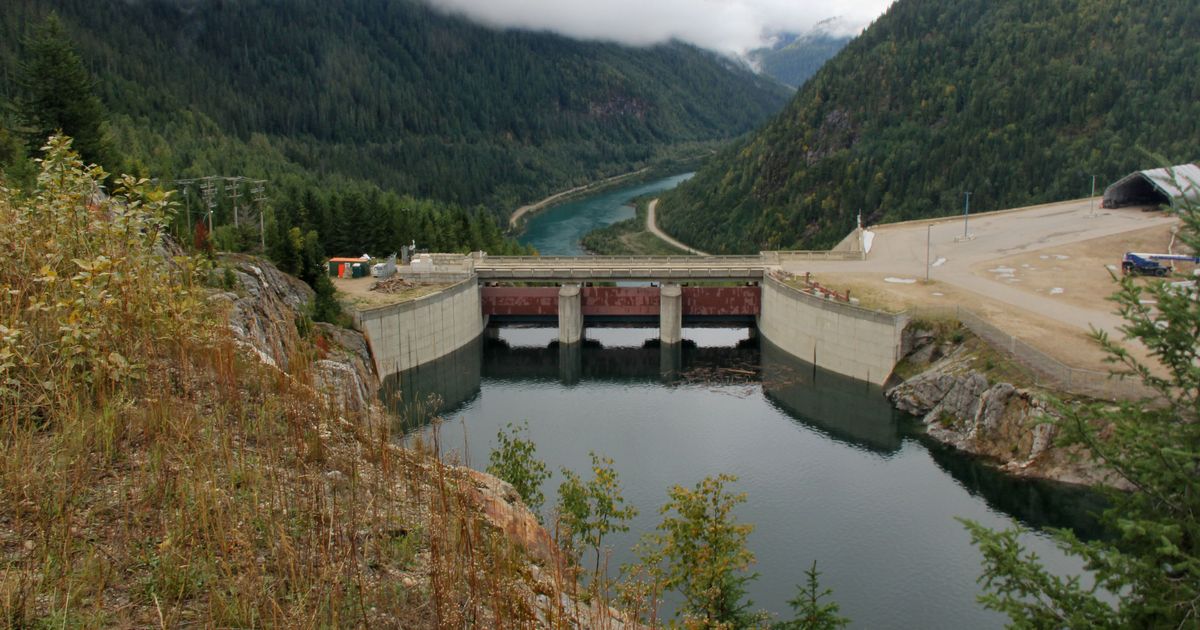USA and Canada agree to update 60-year-old Columbia River Treaty

WASHINGTON – The United States and Canada announced Thursday that they have reached an agreement in principle to modernize the Columbia River Treaty, a 60-year-old pact that governs the two countries’ use of water resources in the Columbia Basin.
President Joe Biden and Prime Minister Justin Trudeau, both in the U.S. capital for a NATO summit, welcomed the agreement. It will be revised in the coming weeks based on feedback as the two countries work out an amendment to the treaty, which was ratified in 1961 and first implemented in 1964.
“After 60 years, the treaty must be updated to reflect our changing climate and the changing needs of the communities that depend on this vital waterway,” Biden said in a statement, adding that the updated treaty will “elevate the voices of U.S. tribes and Canada’s Indigenous nations” and “rebalance energy coordination between the United States and Canada.”
Under the current agreement, Canada is entitled to half of the hydroelectric power generated by the basin’s dams. Canada sells most of this energy to U.S. electricity customers. This has been a sticking point in negotiations over the past six years, partly because relatively few people live on the Canadian side of the basin.
Tribes and conservation groups are calling for greater emphasis to be given to environmental concerns, particularly salmon and steelhead stocks, including the ability to sue to protect the ecosystem.
“For more than 50 years, the Columbia River Treaty has played a critical role in reducing flood damage and providing clean energy to millions of homes, businesses and industries in both our countries,” Trudeau said in a statement, adding that the agreement in principle “is the result of extensive collaboration, particularly with Indigenous and local communities, to ensure that all interests are heard, represented and considered.”
Two Northwestern senators who also played key roles in the process – Democrat Maria Cantwell of Washington and Republican Jim Risch of Idaho – expressed support but reserved judgment until they received the draft treaty amendment, which requires congressional approval.
“There is no way to truly estimate the tremendous economic, environmental and recreational value of the Columbia River to our state and region,” Cantwell said in a statement, calling the agreement “a positive step forward” but noting that “the region must examine and weigh the details.”
Risch, the ranking Republican on the Senate Foreign Relations Committee, pointed out that the agreement requires Senate approval.
“Today’s announcement of a tentative agreement between the United States and Canada looks promising, but as always, I look forward to all the details,” Risch said. “I also expect the President to submit a final agreement to the Senate for consideration.”
This story is evolving and will be updated.



